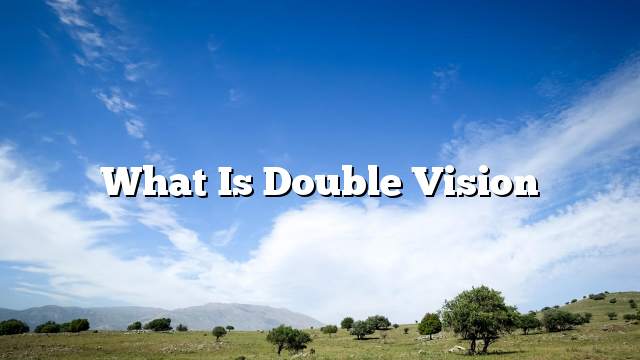Poor vision is the loss of vision that makes everyday tasks difficult. A person with visual impairment may find it difficult or impossible to accomplish activities such as reading, writing, shopping, watching television, driving or recognizing faces.
When a poor vision can not be improved with regular glasses, medicine or surgery, people with visual impairment need help to learn how to make the most of their remaining eyes and maintain their independence. Losing vision does not mean giving up your activities, but it means finding new ways to do it and that requires a person’s patience and desire to follow life normally.
Central vision : This is the detailed vision we use when we look directly at something. Macular degeneration (AMD) affects central vision. Diabetic retinopathy can affect the central or peripheral vision.
Peripheral vision : This is the less detailed vision we use to see everything about vision limits. Blue water affects the peripheral vision first. Strokes can also affect one side of peripheral vision.
Contrast sensitivity : This is the ability to distinguish objects from similar tones such as milk in a white cup or to distinguish facial features. All eye problems can reduce the sensitivity of the contrast.
Deep perception : This is the ability to judge the position of objects. Loss of sight in one eye at present, can affect the depth perception, such as the height of a step.
Visual processing : The lens in our eyes focuses light rays on our retina. The retina converts these light rays into signals that are sent through the optic nerve to our brain, where they are interpreted as the images we see. A problem with any of these processes affects our vision in different ways.
An experience of loss of sight : This experience is always a shock to know that your loss of vision can not be corrected. From this experience feel the danger of the situation, the development of feelings of anger and frustration to the desire to maintain the degree of vulnerability suffered without increase it is important to identify the anger and frustration that may affect you from loss of sight, Prompting you to seek help and work through these sentiments to implement vision rehabilitation strategies to stay active, including the use of visual impairment and low vision rehabilitation.
